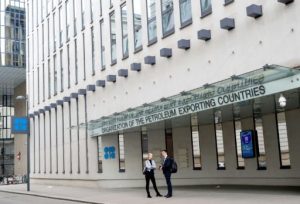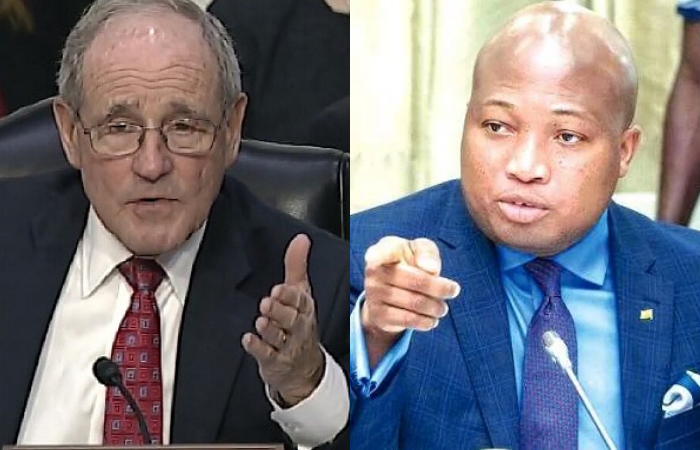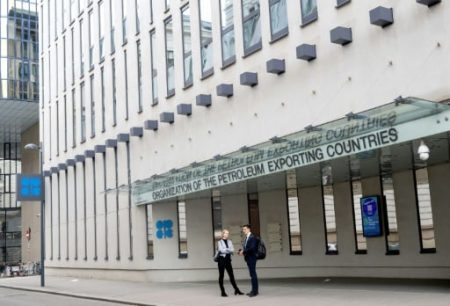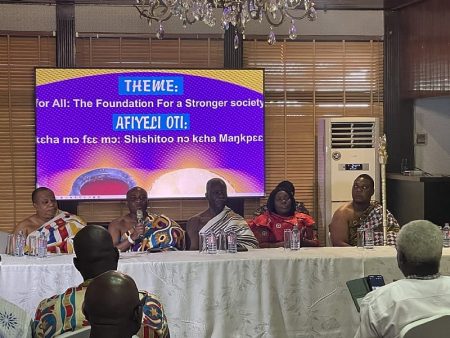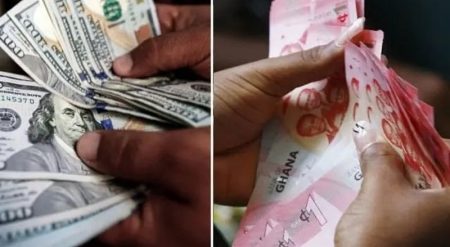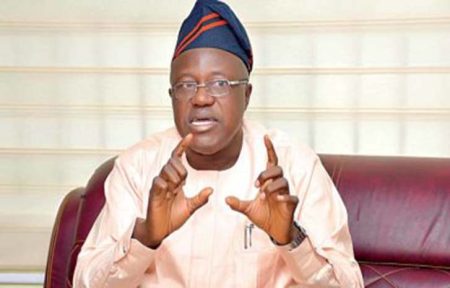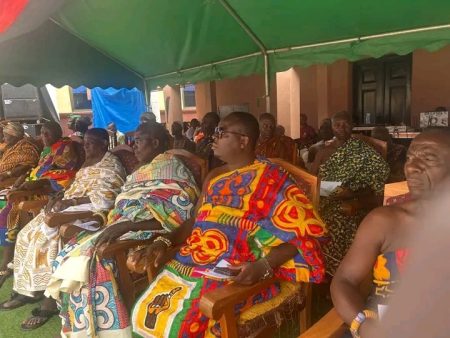The diplomatic clash between Ghana’s Foreign Minister, Samuel Okudzeto Ablakwa, and U.S. Senator Jim Risch underscores the complexities and sensitivities surrounding international debt, particularly in the context of developing nations navigating relationships with global powers. Senator Risch’s public questioning of Ghana’s financial priorities, specifically its engagements with China while allegedly neglecting debts owed to U.S. entities, sparked a fiery retort from Minister Ablakwa, who denounced the Senator’s remarks as condescending and an infringement on Ghana’s sovereignty. This exchange highlights the delicate balance nations like Ghana must strike between securing needed financial resources and maintaining autonomy in their foreign policy decisions.
Minister Ablakwa’s response was not merely a defense of Ghana’s financial management but a broader assertion of the nation’s right to self-determination in its international relations. He framed Senator Risch’s criticism as a neocolonial attempt to dictate Ghana’s diplomatic and economic trajectory, drawing a historical parallel to the struggles against colonialism and imperialism led by Ghana’s founding father, Kwame Nkrumah. The Minister’s pointed reference to the transatlantic slave trade and the unresolved issue of reparations further contextualized the exchange, positioning it within a larger historical narrative of exploitation and the ongoing quest for equitable global relations. This framing effectively shifted the focus from the immediate debt issue to a broader discussion of historical injustice and its lingering impact on present-day economic realities.
The core of the disagreement lies in the perceived prioritization of debt repayment. Senator Risch implied that Ghana was favouring China over the U.S. in its debt servicing, a charge that Minister Ablakwa vehemently rejected. He emphasized Ghana’s commitment to honouring its financial obligations but insisted on the country’s prerogative to manage its debt restructuring in a manner consistent with its own economic recovery program. This highlights the difficult choices developing nations often face when juggling competing demands from different creditors, especially in a global landscape where financial assistance can sometimes be perceived as leverage for political influence.
Minister Ablakwa’s insistence that the debts in question predate the current Mahama administration underscores the complexity of the situation. By attributing the debt to previous administrations, he subtly deflects some of the criticism while simultaneously reaffirming Ghana’s overall responsibility to address its financial obligations. This strategic positioning allows him to both defend the current government’s fiscal prudence and uphold the nation’s commitment to responsible debt management. It also implicitly challenges the narrative of fiscal irresponsibility that often accompanies discussions of developing nations’ debt burdens.
The exchange between Minister Ablakwa and Senator Risch provides a glimpse into the broader challenges confronting many developing economies. These nations often find themselves caught between the need for foreign investment and the desire to maintain control over their economic and political destinies. The pressure to prioritize debt repayment to powerful nations can sometimes come at the expense of domestic development priorities, leading to difficult trade-offs and potentially exacerbating existing inequalities. Minister Ablakwa’s robust response signifies a growing assertiveness among developing nations to push back against what they perceive as unfair or exploitative financial practices.
This diplomatic spat also highlights the increasing influence of China in Africa and the evolving dynamics of global power relations. As China expands its economic footprint on the continent, Western nations are grappling with how to maintain their influence and secure their interests. The tension between these competing interests plays out in the financial arena, with countries like Ghana becoming the focal point of debates about debt sustainability, responsible lending, and the potential for debt to become a tool of geopolitical leverage. Minister Ablakwa’s forceful defense of Ghana’s sovereignty underscores the growing determination of African nations to chart their own course in the face of these complex geopolitical pressures. It signals a shift away from traditional donor-recipient relationships towards a more multipolar world order where developing countries are increasingly asserting their agency and demanding a greater voice in shaping their own futures.


